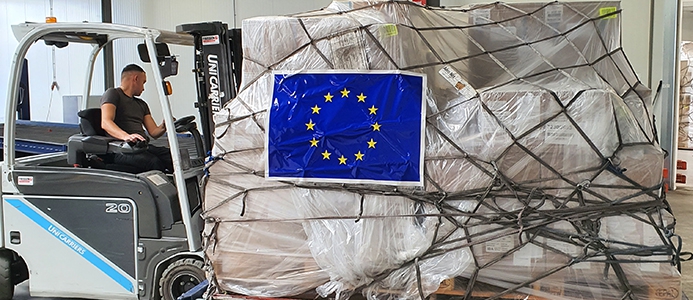
Towards cutting-edge European humanitarian leadership

Added to the already enormous challenges faced by the humanitarian system and its constituent parts (proliferation of conflict and non-state actors, climate stress, mass migration, …), the global Covid-19 pandemic coupled with repeated assaults on the basic tenets of multilateralism have brought existing systems to a breaking point, if not irrelevance.
Traditional principled humanitarian positioning has fallen short of engaging with or addressing nefarious global political trends with dramatic effects. The result has been inequitable access to life saving support to those who need it most, risk transfers, and overall reduced capacity for aid agencies to meet growing challenges.
A paradigm shift is needed. The imminent Communication of the European Commission on humanitarian aid is an opportunity to clarify perimeters, reaffirm with force the authority of IHL and take the measure of how much the EU can leverage support to strengthen principled humanitarian action across the world. It should set the frame to address structural tensions that require more thinking and interactions and create at EU level a space for non-institutional and informal dialogue.
(Photo credit: European-Union,)